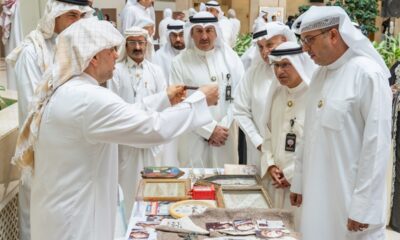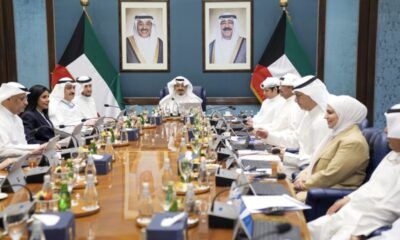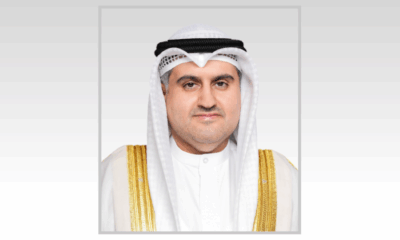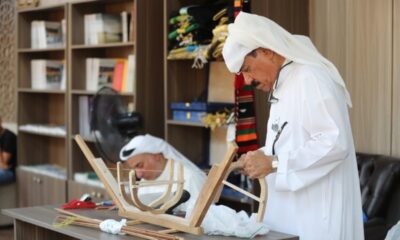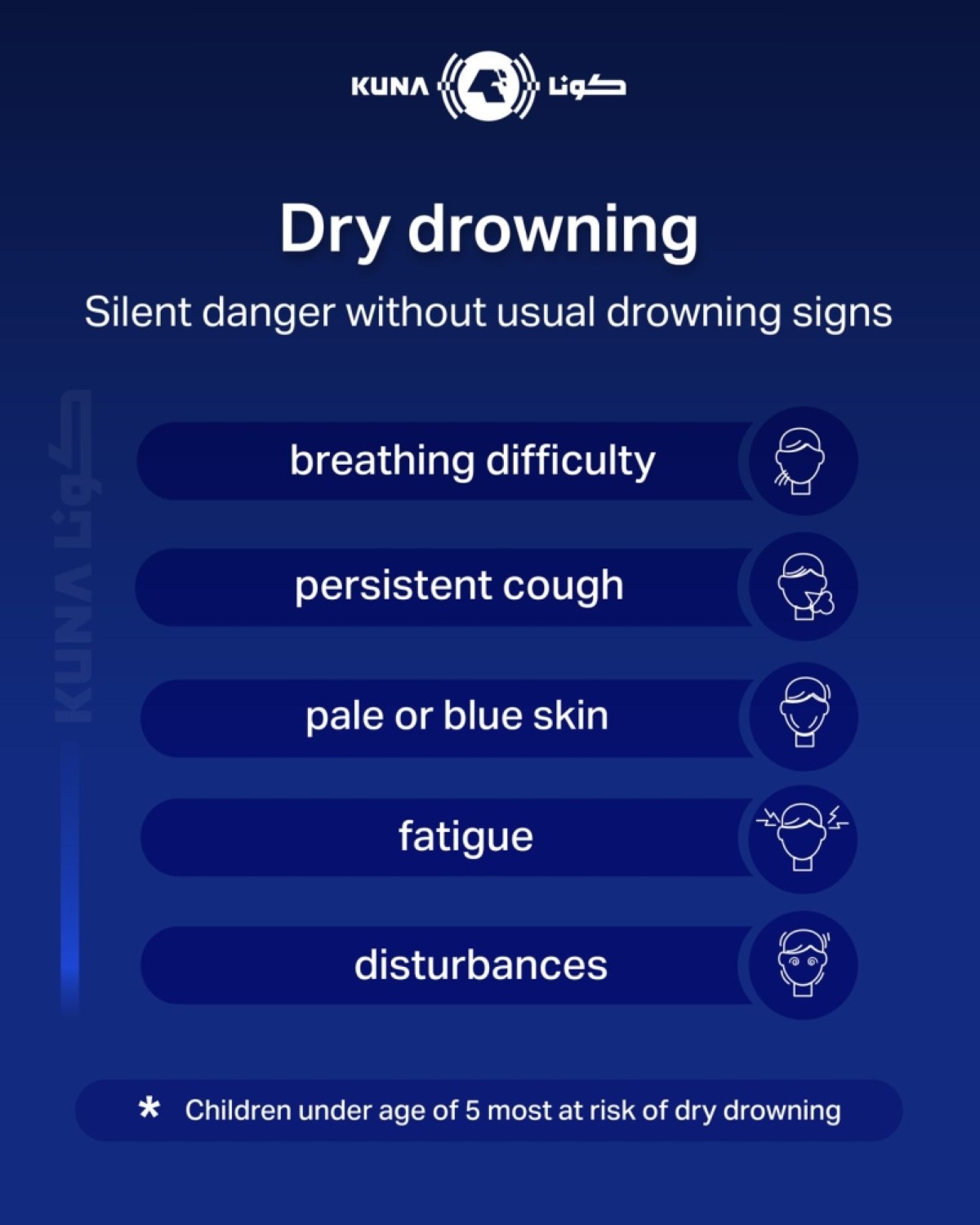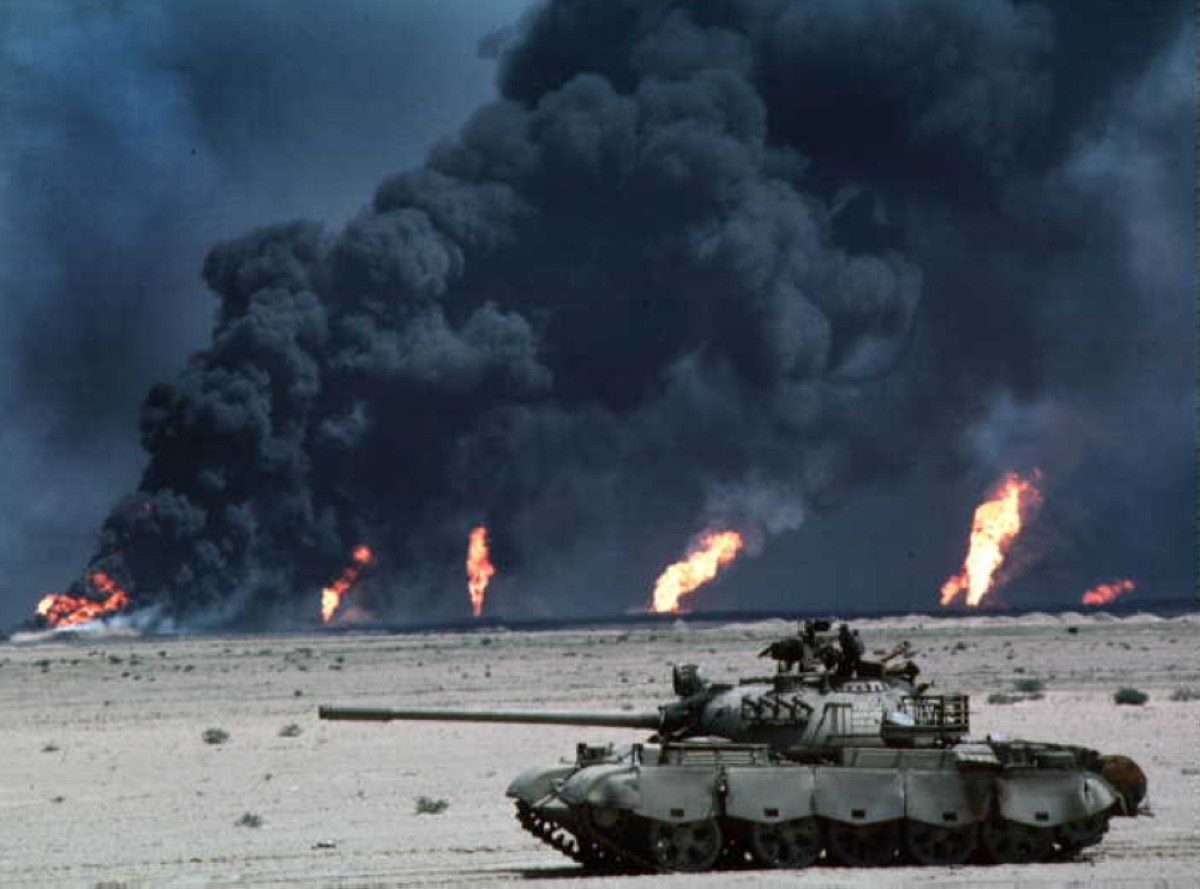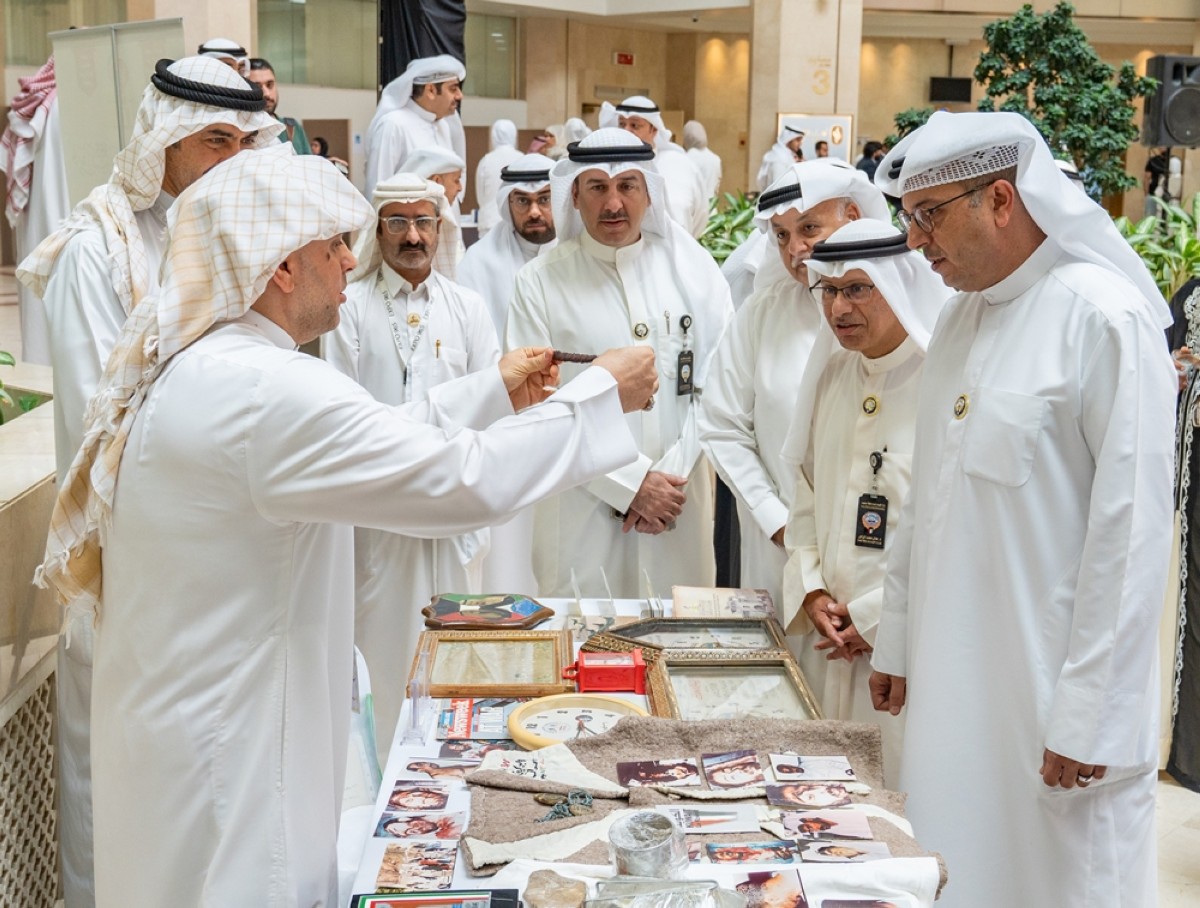Latest News
Unpaid bills? Kuwait can suspend your electricity, water, and more starting September
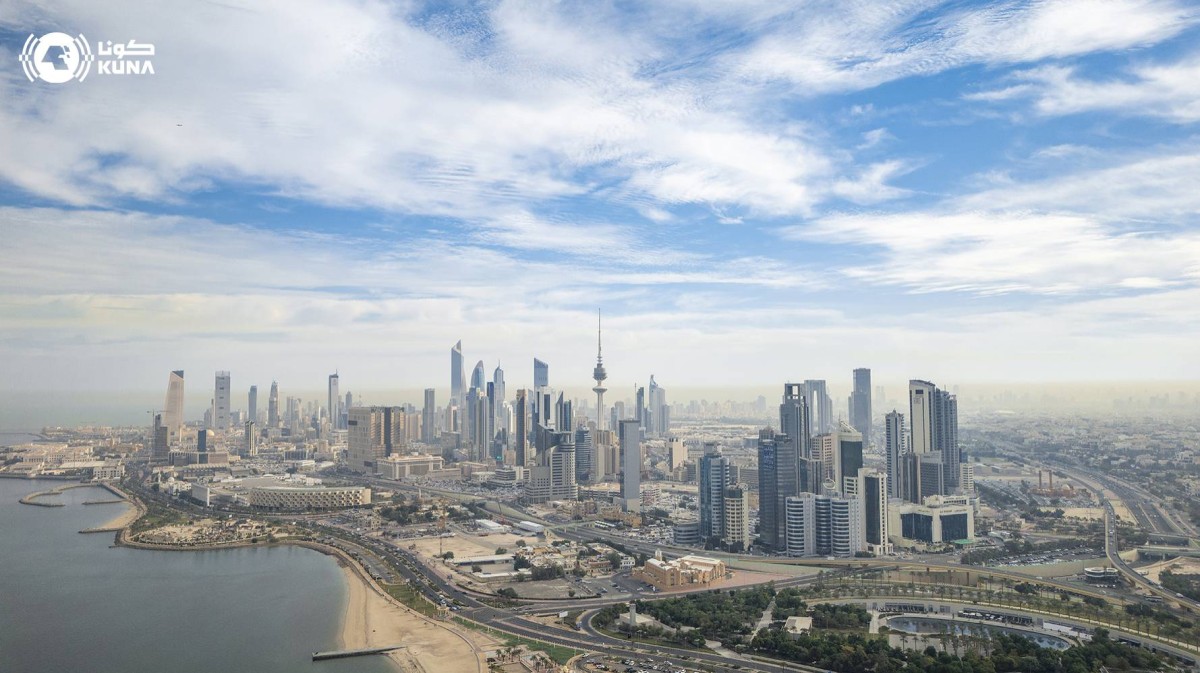
Latest News
MoH warns of rare but serious ‘dry drowning’ risk in children
Latest News
Kuwait’s Cabinet painfully marks 35 years since Iraqi invasion
Latest News
Expo 965 exhibition highlights atrocities of the Iraqi invasion of Kuwait on its 35th anniversary
-

 Latest News19 hours ago
Latest News19 hours agoKuwait, China near completion of joint ammunition factory
-
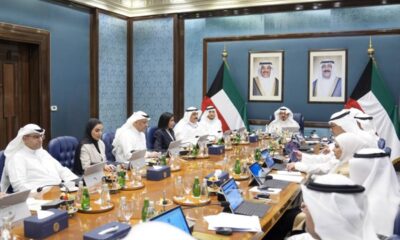
 Latest News20 hours ago
Latest News20 hours agoCabinet recalls with bitterness Iraq’s occupation of Kuwait
-

 Business18 hours ago
Business18 hours agoAsian shares mixed after China-US talks end without trade deal
-
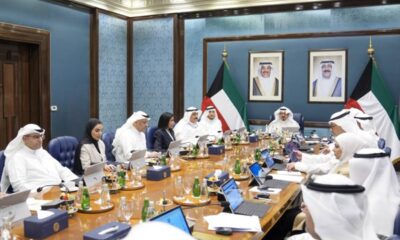
 Latest News17 hours ago
Latest News17 hours agoCabinet orders quick removal of all encroachments on state properties
-

 Politics14 hours ago
Politics14 hours agoFormer Broadcaster Sentenced to Two Years for Insulting God and the Amir
-

 Politics15 hours ago
Politics15 hours agoDoctor Sentenced To Jail, Fined KD 345,000 For Five-Year Absence And Salary Fraud
-
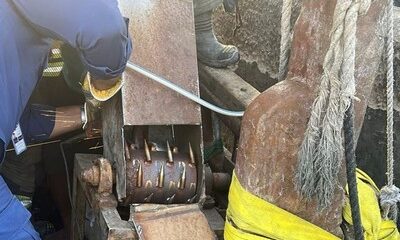
 Politics13 hours ago
Politics13 hours agoFirefighters free a worker’s hand trapped in an ice crusher at fish market
-
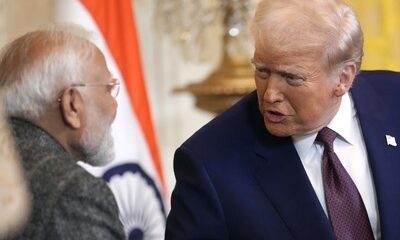
 Business12 hours ago
Business12 hours agoTrump announces 25% tariff on India and penalties for buying Russian oil

